Expo Real 2021: Has the Pandemic Changed Everything?
Panelists at the event reveal how new investment criteria could replace established ways of doing business.
One of the panels at the first live Expo Real conference and fair since the outbreak of the coronavirus touched on how the different real estate market segments are faring in today’s economic environment.
Gertrud Traud, chief economist and head of research & advisory at Helaba, Sabine Barthauer, board member of real estate bank DZ HYP, Susanne Hügel, head of digital innovation & business acceleration at CBRE, along with BNP Paribas CEO Claus Thomas and Andreas Mattner, managing director of ECE Development & Consulting, discussed whether a pandemic-generated set of investment criteria can successfully replace the established ways of doing business—and at what cost.
READ ALSO: Will COVID-19 Have a Lasting Impact?
“We went through a recession. The real estate market hardly noticed it because it was a different type of recession—it was generated by politics,” Traud commented. She went on by explaining that the previous recessions were caused by or followed by investment. This usually goes hand in hand with a credit bubble and a credit bubble is often present in the real estate market. But not this time. “The politicians were turning this [recession] on and off, and we called it a lockdown,” she said.
The lockdown effect
According to Traud, a new monetary theory is on the rise—the belief that with more money and an explosive monetary and fiscal policy you’ll be able to achieve everything, you can control everything and allegedly there would be no price to pay. But it seems like the price is actually going up.
“We’re talking about inflation—and that is exactly what the price of monetary theory does,” Traud added. The modern monetary theory states that with more demand, you can control anything and everything, and supply can be so elastic and flexible that it will go along with this. In fact, we are moving on to a higher path of inflation because supply is not as flexible as we would like it to be.
It’s not that easy for companies to simply expand their supply. We have many restrictions in place which affect supply directly and we can all see that materials prices have been increasing. The shortage of labor and the aging population are also impacting construction, she added.
And excess demand leads to price increases. “It’s not the evil companies which are raising prices. It is the major demand and regulations,” Traud noted.
Players, winners, losers
The pandemic had a disparate impact on different asset classes and all of them had to adapt. Germany was one of the major real estate markets in 2020 and in 2021. Despite negative figures, the sector made it through the crisis due to relatively few lockdowns. The residential market did especially well. However, the growth posted a series of challenges.
“While it was possible to build in the past, then we had more construction workers and now we have reached our limits in terms of capacity. We can’t build any more unless we can make lives easier for ourselves because a construction project is so complicated that you need multiple experts in order to adhere to all regulations,” Barthauer told those attending the panel.
One of the trends in residential construction that Barthauer identified was that an increasing number of larger apartments now include home offices. But we also see the effects of demographic changes such the increasing number of one-person households, which translates to high demand for smaller apartments, as well.
The panelists moved on to the office sector, which is expected to fare well despite the pandemic. No collapse is expected due to the orientation toward more home offices or remote working. Offices will see increased focus on innovation, including new equipment.
“The economy will continue to function and we can already see an increase in employment figures. In most industries, there continues to be demand, so economy and office development go hand in hand,” Traud added.
READ ALSO: REIT Leaders Speak Out at NYU Conference
However, teleworking is here to stay. With this in mind, Barthauer expects some more structural changes to emerge. The share of space per capita for employers will decrease and this will have a long-term impact on the office market.
All panelists agreed on one thing: The biggest winner of the pandemic is the logistics sector. According to Traud, ordering everything online is convenient and convenience is something that people like to get used to. At the same time, Thomas identified an unforeseen winner rising from the pandemic. Accelerated by the crisis, the health-care sector’s growth was unexpected, with the industry slowly becoming mainstream.
The digital quantum leap
Irrespective of the sector, digitalization opened new opportunities, but it also showed its shortfalls—especially when it came to homeschooling and tracking of the health-care system.
Digitalization in the workplace, however, was stronger—and proved to perform better. Employers and employees had to adapt for business continuity’s sake. In order to do that, virtual collaboration and communication tools had to be used.
“Digitalization refers to all of the faces of the life cycle. It affects how our organizations are structured and how they work. We had all these technologies before, but now we had to use them. Everyone was flexible enough to do this. And skeptics didn’t have a choice,” Barthauer added.
Necessity acted as an accelerator, according to Thomas. But the most important thing is people’s minds and attitudes. As we stepped further into the pandemic, everyone wanted to get their computer and work from home. People had very few alternatives because of lockdowns.
Furthermore, asset classes can make progress with digitalization. Not all vacant floors have to be converted into something else, Mattner pointed out. E-commerce and retail might be combined with nice restaurants, providing an opportunity to survive in the industry.
“We should look to the future with confidence and together with the government we should make sure we drive our economies so they can take off again. It’s not business as usual, but rather a back-to-business attitude,” he concluded.


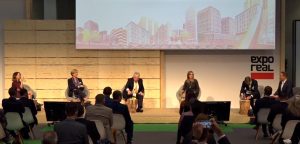


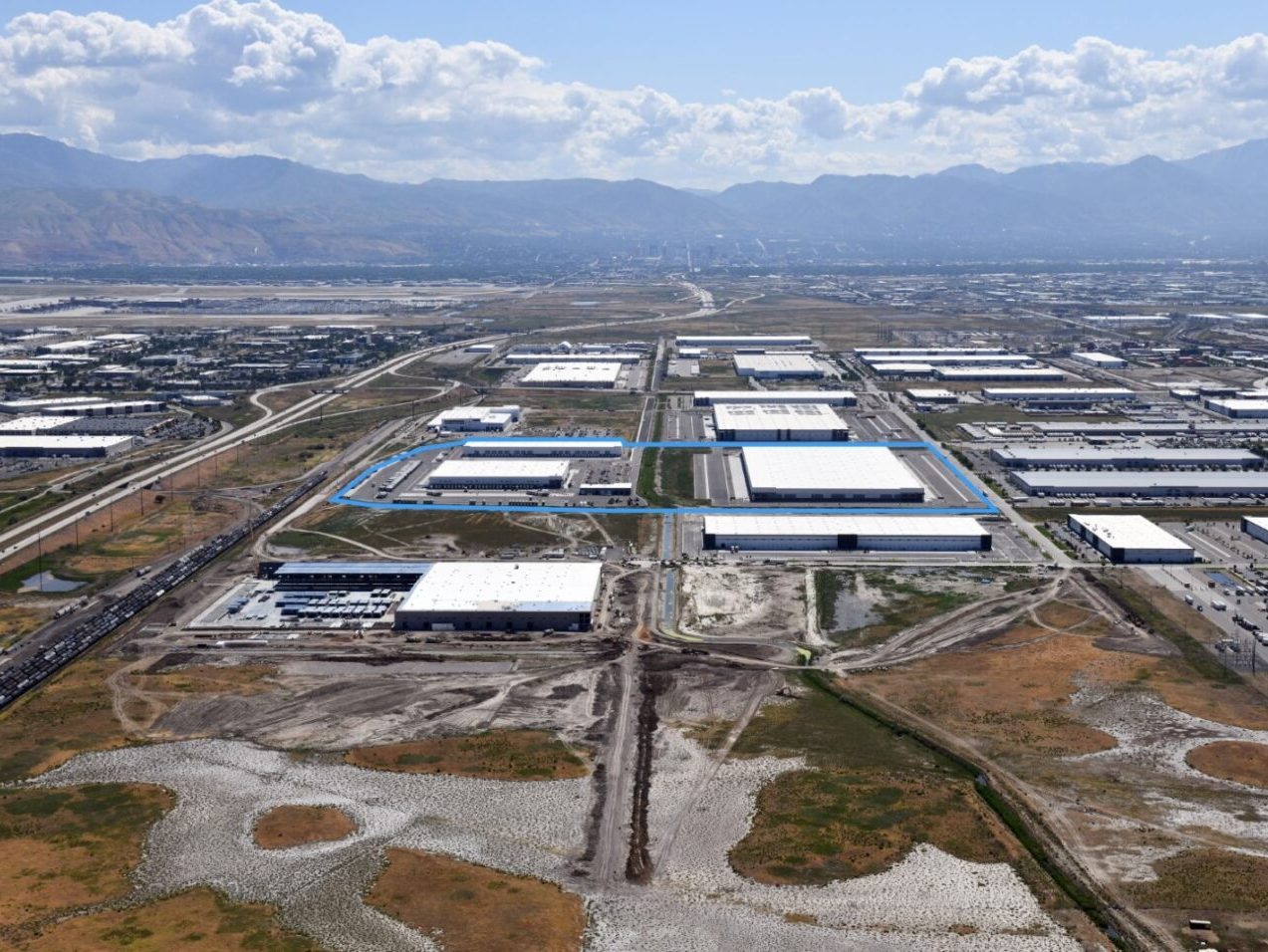

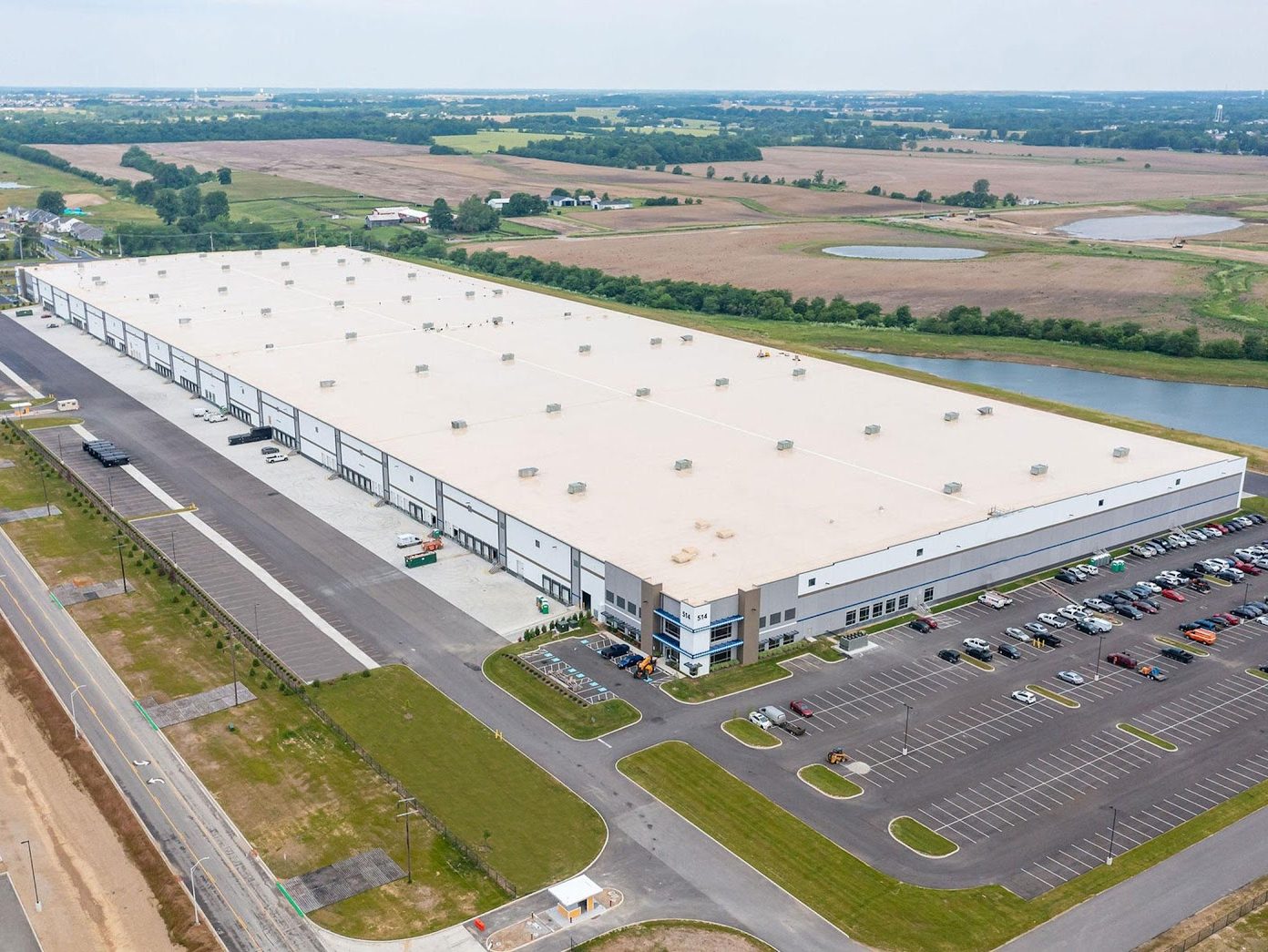
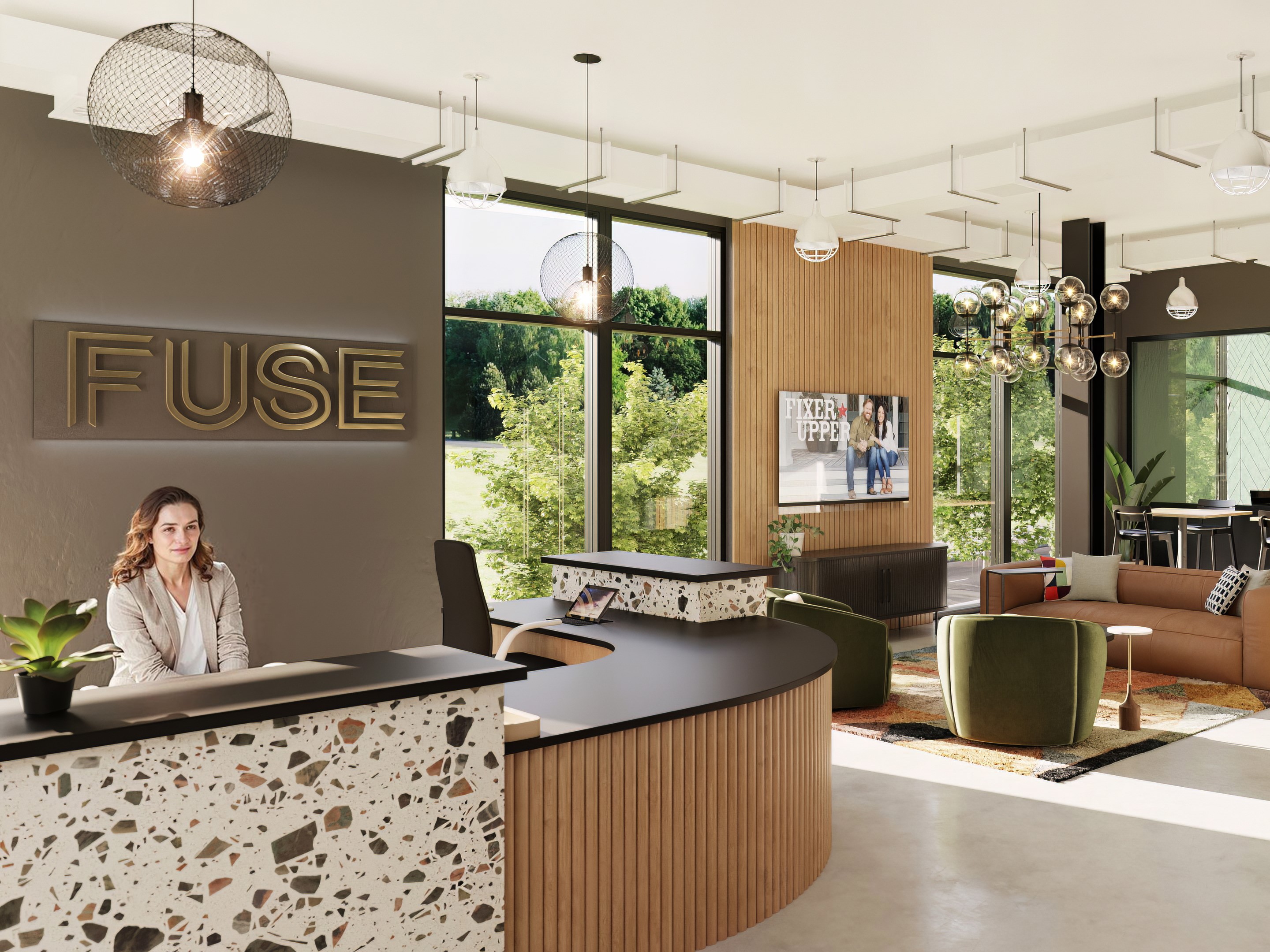
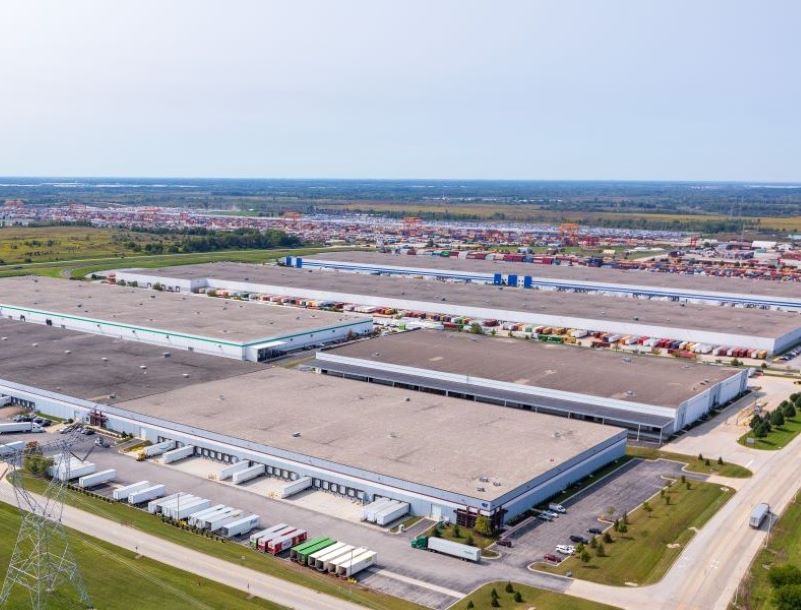
You must be logged in to post a comment.